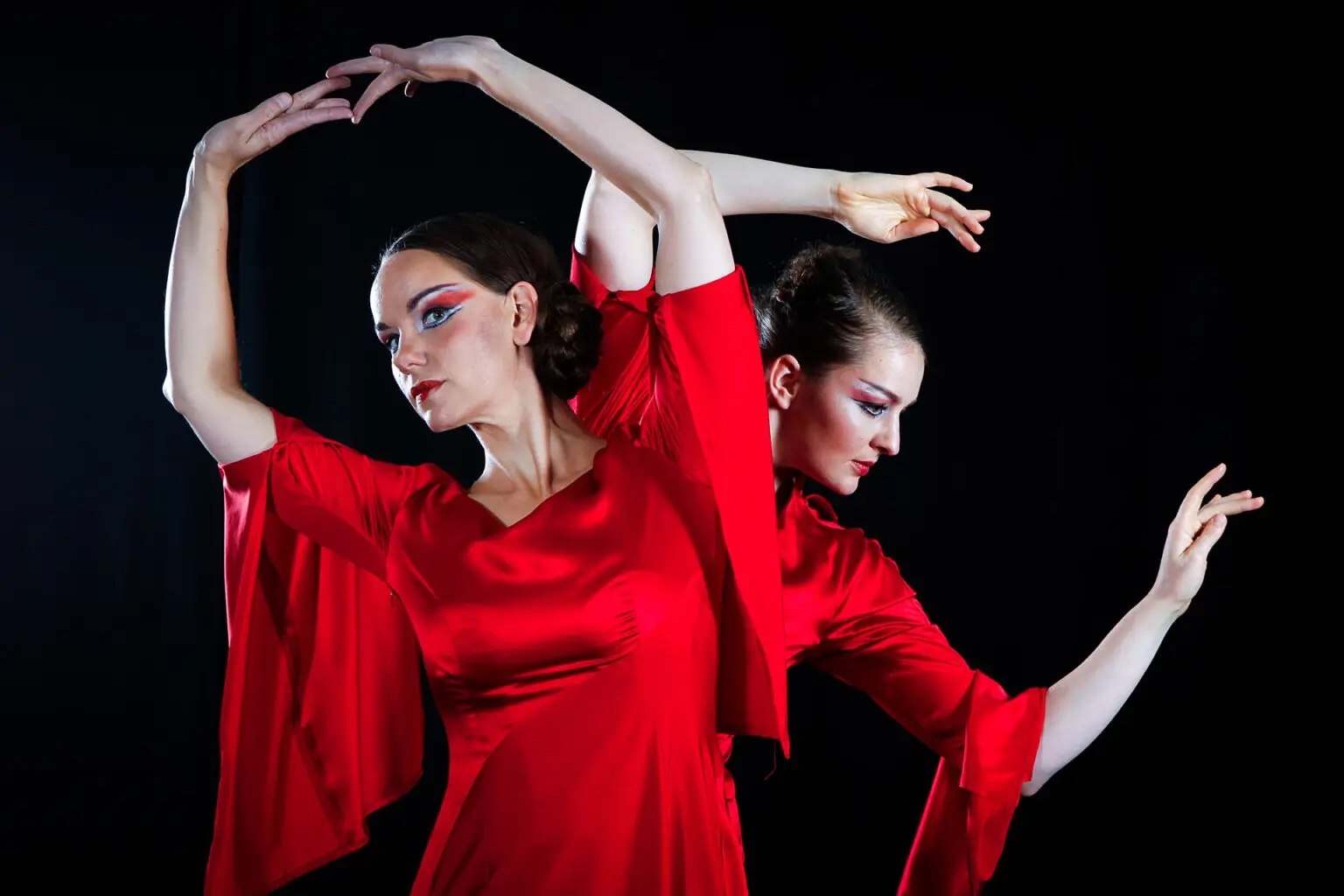
In the world of film, television, and photography, the makeup artist plays a pivotal role, serving as an architect of visual authenticity and aesthetic allure. Their artistry ensures that characters and models appear cohesive with the director’s vision, elevating the narrative’s impact and transforming imagination into a tangible reality.
On set, the importance of a makeup artist cannot be overstated. They are integral to the preparation phase before the cameras start rolling or the shutter clicks. A makeup artist is responsible for crafting the physical appearance of each character or model, tailoring looks that can range from the subtle and natural to the bold and avant-garde. This visual transformation is crucial; it sets the tone, reflects the period, and even underlines the emotional narrative of the piece.
During a photo shoot, the responsibilities of a makeup artist are both varied and demanding. Their day typically begins long before the shoot, involving careful consultation with the creative team to understand the aesthetic requirements. As the shoot commences, their work involves not only the initial application of makeup but also continuous monitoring and touch-ups to maintain continuity despite changing lights, perspiration, or any unforeseen alterations in the environment.
Additionally, a skilled makeup artist must be adept at time management, ensuring that the makeup process aligns seamlessly with tight shooting schedules. They need to possess a deep understanding of skin tones, facial structures, and the interplay of colors, as well as being equipped with the interpersonal skills necessary to collaborate effectively with other team members and put their subjects at ease.
Opera, inspired by the Ming Dynasty classic penned by Xu Wei, delves into the complex interplay of spiritual devotion and human temptation. In this compelling narrative, Monk Yutong finds himself at odds with Magistrate Liu after refusing to show him the respect he demands. Driven by anger, Liu devises a plan for revenge: he sends his courtesan, Honglian, to seduce Yutong and tarnish his spiritual standing. Under the guise of illness, Honglian visits the monastery at night, testing Yutong’s compassion and resolve as never before. This opera raises profound questions about the nature of reality itself, prompting the audience to ponder what is genuine and what is merely a reflection—like a flower glimpsed in a mirror or a moon reflected in water. The production is distinguished by its innovative stage direction, drawing on the seamless integration of song and movement characteristic of traditional Chinese Opera. The original text has been thoughtfully adapted from ancient Chinese sources by Shiru Wang, with an English version crafted by Niccolo D Athens. The opera is directed by Shiru Wang, whose vision brings this timeless tale to life.
In essence, the makeup artist is a custodian of visual storytelling, using their expertise to enhance the authenticity of characters and scenes. Their contribution is foundational to the success of any production, as they breathe life into scripts and bring characters into vivid reality, ensuring that every glance captured by the camera tells its own compelling story.